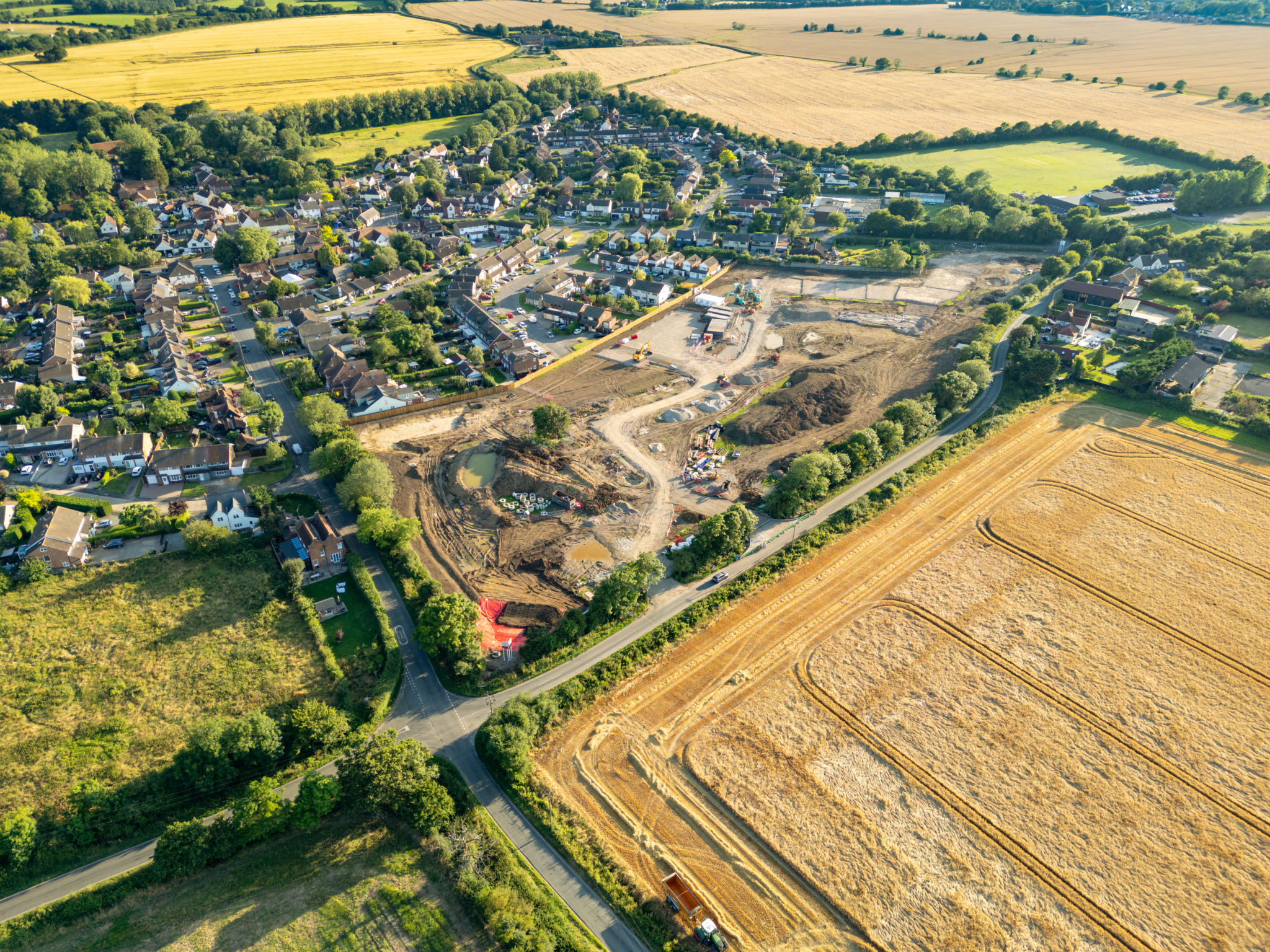Understanding the Regulatory Landscape for Property Development Finance in the UK
JB
Introduction to the Regulatory Framework
The property development finance landscape in the UK is heavily influenced by a complex web of regulations. Understanding these regulations is crucial for developers and investors to navigate successfully and ensure compliance. These rules are designed to protect consumers, promote fair practices, and maintain stability within the financial system.
The regulatory environment for property development finance involves multiple authorities and legislation. Some of the key regulatory bodies include the Financial Conduct Authority (FCA), Prudential Regulation Authority (PRA), and the Bank of England. Each plays a distinct role in overseeing financial conduct, prudential standards, and monetary stability. Keeping abreast of their regulations is essential for anyone involved in property finance.

Key Regulations Affecting Property Development Finance
Several core regulations impact property development finance in the UK. These include the Mortgage Credit Directive (MCD), which governs the provision of residential mortgage credit, and the Capital Requirements Regulation (CRR), which ensures that banks maintain sufficient capital to cover risks. Developers must also consider the Consumer Credit Act, which affects how credit is offered and managed.
Additionally, Anti-Money Laundering (AML) regulations require stringent checks on financial transactions to prevent illegal activities. Compliance with AML regulations is mandatory and involves thorough due diligence on all parties involved in property transactions.
The Role of Planning Permissions
Beyond financial regulations, obtaining the necessary planning permissions plays a critical role in property development. Local planning authorities evaluate proposals based on zoning laws, environmental impact, and community needs. Successfully navigating this process requires understanding national and local planning policies.

The Impact of Brexit on Property Finance Regulations
Brexit has introduced further complexities into the regulatory landscape for property development finance in the UK. With the UK no longer bound by EU regulations, there have been adjustments to legislation affecting property finance. While some EU rules have been retained, others have been modified or replaced to better suit the UK's independent regulatory framework.
This evolving situation requires stakeholders to stay informed about changes that could affect their operations. Regular consultations with legal and financial advisors can help mitigate risks arising from regulatory shifts post-Brexit.
Environmental Regulations and Sustainable Development
Environmental considerations are increasingly important in property development finance. The UK government has implemented various regulations to promote sustainable development, such as the Energy Performance of Buildings Directive and requirements for carbon reduction plans. These regulations not only aim to reduce environmental impact but also influence financing options available to developers.

Conclusion: Navigating the Regulatory Landscape
The regulatory landscape for property development finance in the UK is intricate and ever-changing. Developers must remain vigilant and proactive in understanding how various regulations impact their projects. By staying informed and compliant, they can minimize risks and capitalize on opportunities within this dynamic sector.
Building strong relationships with legal advisors, financial institutions, and regulatory bodies can provide valuable guidance and support. Ultimately, a thorough understanding of the regulatory environment is key to achieving successful property development outcomes.